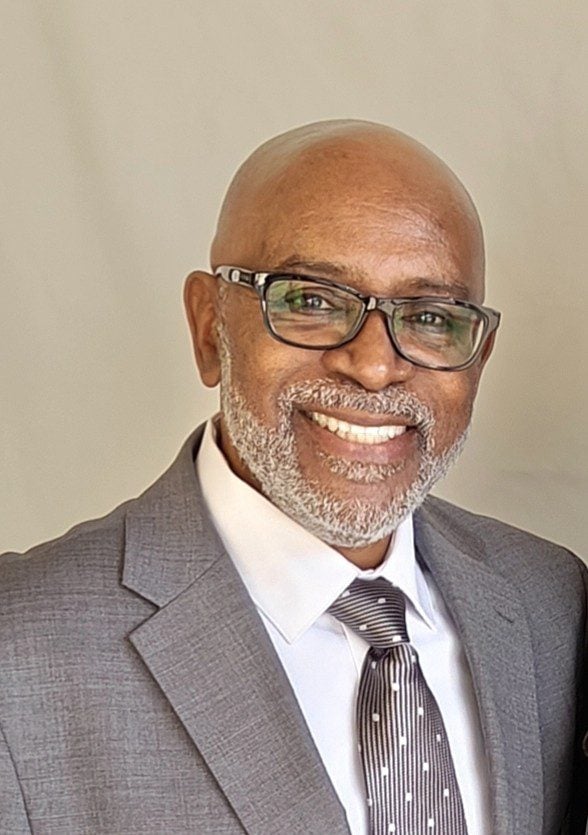I have been young, and now am old; Yet I have not seen the righteous forsaken, nor his descendants begging bread … For the Lord loves justice, and does not forsake His saints; They are preserved forever, but the descendants of the wicked shall be cut off. Psalms 37:25, 28 NKJV
Life attests to the hymn “Hold to God’s Unchanging Hand” in that “time is filled with swift transition.” Someone born in the early- to mid-1900s and living to the end of that century and possibly into the 2000s, has witnessed an extraordinary transition in how we live.
Much has changed from the 20th century into the early 21st century from crank up cars to remote starter cars (with heated seats); from two-winged propeller, two-seat planes to the twin-jet engine winged, 200-plus seat passenger aircraft; from sit-down restaurant dining to drive-thru fast-food lines; from cash and checks to cashless debit and credit cards; from bank tellers to ATMs to electronic banking; from manual to electric to smart typewriters; from desktop to laptop computers and the iPad and tablet; from landline telephones to wireless, foldable smartphones. Time certainly brings a lot of transition.
Becoming old, living 60 to 90 plus years, affords one the opportunity to see and experience a lot of change over time, some for the better and some for the not-so good.
Psalm 37 is attributed to the beloved king of Israel, David. In this Psalm he addresses the baffling issue of why it appears that the ungodly steadily prosper and make speedy progress, while the godly painfully struggle through life.
In verse 25, David states he was afforded the opportunity by God’s grace to grow old. David lived to the age of 70. He was 30 years old when he became king and reigned 40 years until his death (2 Samuel 5:4; 1 Kings 2: 10-12). Within his 70 years he witnessed and observed much. He provides the readers of his psalm some insight from a few things he personally observed over time in his lifetime.
He candidly expresses one observation in verses 35-36, “I have seen the wicked in great power, and spreading himself like a native green tree. Yet he passed away, and behold, he was no more; Indeed I sought him, but he could not be found.”
This is offered as an admonition for the godly not to fly into a frustrated fit over the seeming prosperity and progress of the ungodly (verse 1). It is also a deterrent for the godly not to pursue the pathway of the ungodly because, in time within God’s sovereignty, their destiny is defeat and destruction (verses 2, 8-10, 13).
Of what David had observed in his lifetime, interestingly he specifically notes two things that saliently stuck out that he had never seen. “I have been young, and now am old; Yet I have not seen the righteous forsaken, nor his descendants begging bread (verse 25).” What a testimony of time! This is truly a testimony, and at the heart of it, a thanksgiving to the faithfulness of God.
This testimony does not deny the possibilities of setbacks in life, nor experiencing the effects of an economic downturn. What this testimony declares is that no matter what troubles or circumstances the godly encounter along the way in life that come to knock them down, they are never forsaken and forgotten, abandoned or left behind. And as to the basic needs of life, God is there to provide, for he answers the prayer, “Give us this day our daily bread.”
Rev. Johnson Beaven III is a speaker, theological educator and ministry mentor. For more information, view linktr.ee/johnsonbeaven. Contact him via email at jb3ministries@gmail.com or on X @jbeaven.





